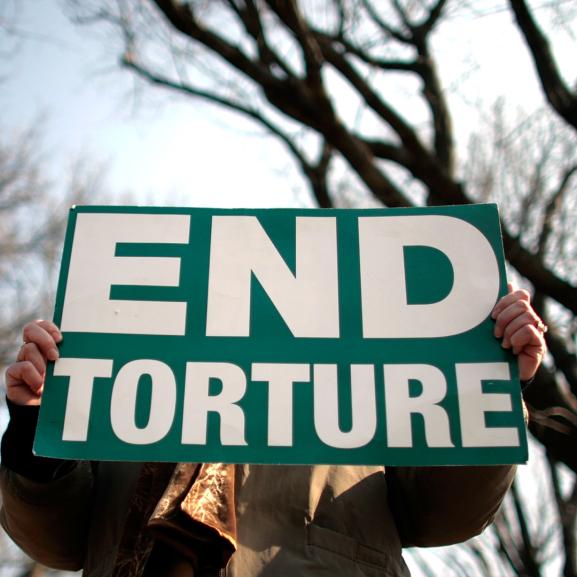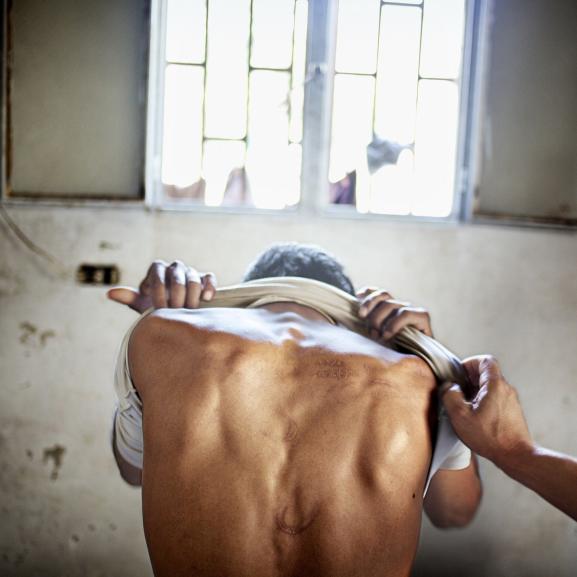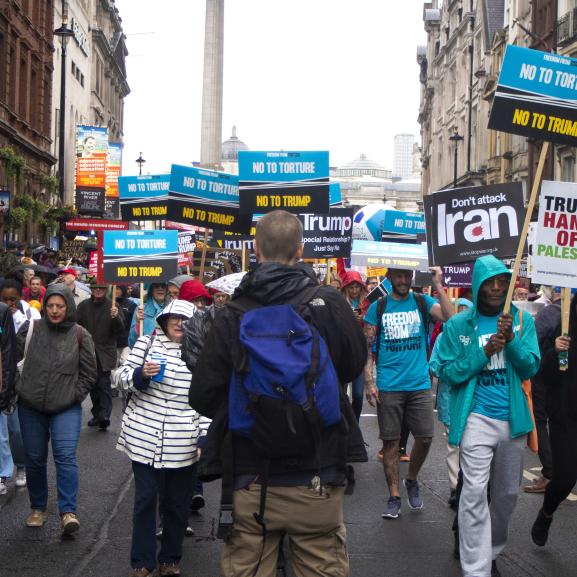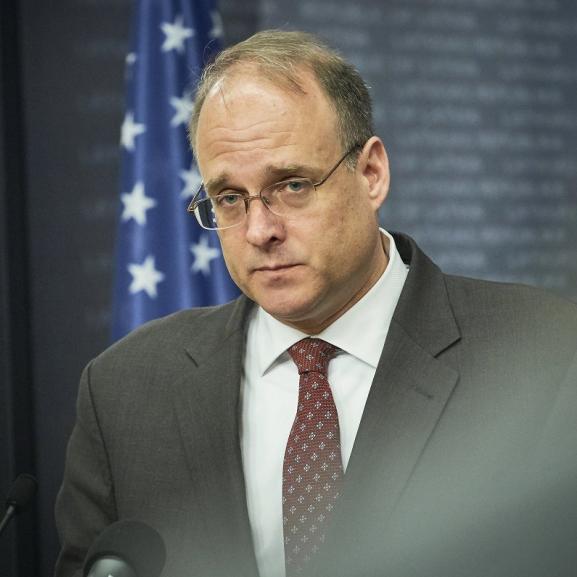Thirty years of the UN Convention Against Torture
Wednesday 10th December is 'World Human Rights Day' which commemorates the adoption of the United Nations 'Universal Declaration of Human Rights' in 1948.
Following the atrocities of the Second World War, the international community joined together to establish this comprehensive pledge to guarantee the rights of every individual everywhere, including that "No-one shall be subject to torture or to cruel inhuman or degrading treatment".
It was also on this day 30 years ago that the United Nations General Assembly adopted the United Nations Convention Against against Torture (UNCAT) which provides member States with the essential aspects of torture prohibition and prevention they should incorporate into their own laws to make the UDHR pledge a reality, including the duties to investigate and prosecute torture and provide redress to survivors.
It was UNCAT, ratified by Argentina and incorporated into its domestic laws, that allowed Freedom from Torture's counsellor, Perico Rodriguéz , to hold his torturers to account.
Following the 1976 coup d'état in Argentina, Perico was detained and tortured for three years by members of the military junta. In 2011, decades after his release and exile in the UK, Perico was able to travel back to Argentina to give evidence at The Tribunal Oral Federal de Neuquén, which saw his torturers being brought to justice and sentenced for their terrible crimes.
Following the trial Perico reflected;
"We've come a long way in the fight against torture since I left my country. The Conventions Against Torture and Enforced Disappearances have been adopted and we now have important domestic legislation in Argentina. Of course, this doesn't mean that torture has stopped. But at least we now have the tools to pursue justice and protect human rights."
UNCAT demonstrated a key shift in international attitudes to prosecution, with a designated UN committee focused on investigating, monitoring and scrutinising all participating nation states.
The ratification of UNCAT was a milestone in the fight against torture, for the first time all signatory countries were legally obligated to investigate torture claims and to punish perpetrators. The Convention also provided an international framework which defined torture and ensured that all states which ratified the convention would adopt the principles of UNCAT into their domestic law.
There is still a great deal to do in the fight against torture but UNCAT demonstrated a key shift in international attitudes to prosecution, with a designated UN committee focused on investigating, monitoring and scrutinising all participating nation states. The Convention gives survivors of torture an avenue to seek justice against their persecutors and puts pressure on states to stop torture and unlawful detention.
Freedom from Torture is also approaching its thirty year anniversary, and in addition to providing medical and psychological support for victims of torture, one of our key aims is to promote international accountability, with the aim of keeping torture on the international agenda. We use the aggregate evidence of the torture survivors we work with to help hold torturing states such as Iran, Sri Lanka and the Democratic Republic of Congo accountable to the international human rights mechanisms and in the media.
This can also be a key part of a torture survivor's recovery: as Perico says it can be incredibly beneficial to share their story;
"People need healing, but also recognition of their suffering. People who come to see us often just want to tell us that they exist."
We use the aggregate evidence of the torture survivors we work with to help hold torturing states such as Iran, Sri Lanka and the Democratic Republic of Congo accountable to the international human rights mechanisms and in the media.
Though torture is still persistent around this world, the last thirty years show that survivors like Perico have been increasingly able to hold their torturers to account, as well as challenging attitudes to torture both in a domestic setting and internationally.
There is still a great deal to do, but Freedom from Torture will continue to support survivors of torture, and ensure the spotlight remains on the perpetrators. And while celebration doesn't seem entirely appropriate to an anniversary of working against torture, we are pleased to mark these 30 years of UNCAT and all who have made them possible.






